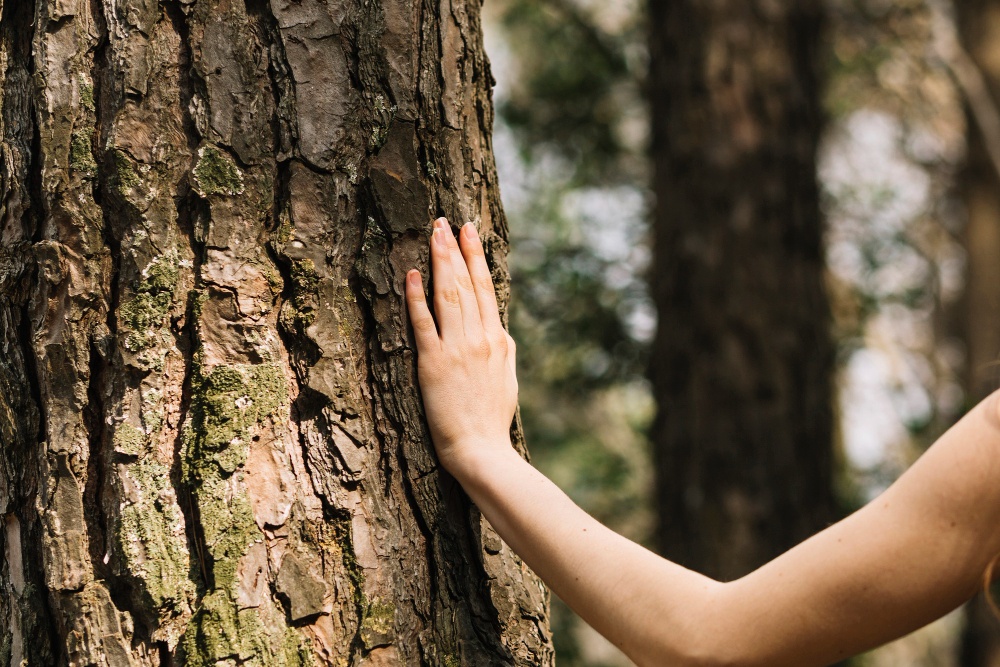Introduction: Why Do We Cross Our Fingers or Avoid Black Cats?
Why do some people knock on wood, throw salt over their shoulder, or get nervous on Friday the 13th? These actions might seem silly—or even charming—but they’re part of a long, complex history rooted in fear, folklore, and the human desire for control.
The history of common superstitions is both fascinating and bizarre. Whether it’s fear of mirrors, ladders, or the number 13, each belief has a story—often surprising, sometimes dark, and always revealing something about the cultures that created them.
What Is a Superstition?
Before we dig into history, let’s define our terms.
A superstition is a belief or practice that’s not based on logic or science but rather on tradition, fear of the unknown, or the belief that certain actions can influence future events—usually for good or bad luck.
Think of it as a mental shortcut: when we don’t understand something, we create a story to explain it.
From the ancient world to modern times, superstitions have helped people cope with uncertainty, danger, and bad luck.
Knocking on Wood: A Tap for Protection
One of the most widely practiced superstitions is knocking on wood to avoid jinxing yourself.
Origin:
- Ancient peoples, including the Celts, believed spirits lived in trees.
- Touching or knocking on wood was a way to call on those spirits for protection or blessings.
Today, we still do it—usually without thinking—when we say something positive and don’t want to “jinx” it.

Black Cats: From Divine to Demonic
Black cats have been seen as both good and bad omens throughout history.
Origin:
- In Ancient Egypt, black cats were sacred and associated with the goddess Bastet.
- During the Middle Ages in Europe, black cats became linked to witchcraft and were often blamed for bad luck or plague.
Even now, a black cat crossing your path is considered unlucky in many cultures—but in Japan and parts of the UK, it’s the opposite.

Walking Under Ladders: An Ancient Triangle
This superstition isn’t just about safety.
Origin:
- In Christian tradition, a ladder resting against a wall forms a triangle, symbolizing the Holy Trinity.
- Walking through the triangle was seen as breaking the Trinity—and inviting misfortune.
Also, ladders were used during executions, and people avoided the space beneath them out of fear and respect for the dead.

The Number 13: Fear by the Numbers
The fear of the number 13 even has a name: triskaidekaphobia.
Origin:
- In Norse mythology, Loki was the 13th guest at a feast that ended in death.
- In Christian tradition, Judas—who betrayed Jesus—was the 13th guest at the Last Supper.
Today, many hotels skip the 13th floor, and some people won’t travel on Friday the 13th, a date that combines two superstitions into one.

Breaking a Mirror: Seven Years of What?
Why seven years of bad luck for something as small as a broken mirror?
Origin:
- Romans believed mirrors reflected not just your image but your soul.
- Breaking one was seen as damaging your spirit.
- They also believed the soul regenerated every seven years—hence the curse’s duration.
Modern mirrors are more resilient, but the belief still lingers.

Tossing Salt Over Your Shoulder
Spilling salt is said to bring bad luck—unless you throw a pinch over your left shoulder.
Origin:
- Salt was precious in ancient times—so spilling it was wasteful and disrespectful to the gods.
- Throwing it over your left shoulder was meant to blind the devil, who was believed to lurk there.
It’s one of the few superstitions still commonly practiced at the dinner table.

Why Are People Superstitious?
Even in a scientific age, many people still hold onto superstitions.
Why?
- Comfort: Superstitions offer a sense of control in an unpredictable world.
- Tradition: They’re passed down in families and cultures.
- Psychology: The brain links actions with outcomes, even when they’re unrelated.
Whether it’s wearing lucky socks or avoiding cracks in the sidewalk, superstitions help people feel safer, luckier, or just more prepared.
Around the World: Strange Superstitions You Might Not Know
- Turkey: Chewing gum at night is said to turn it into dead flesh.
- India: It’s bad luck to sweep the house after sunset, as it may sweep away prosperity.
- South Korea: Sleeping with a fan on can kill you—a belief known as “fan death.”
- Russia: Whistling indoors is thought to bring financial ruin.
These examples show how superstitions are shaped by local beliefs, climate, and history.
Conclusion: Old Beliefs in a Modern World
The history of common superstitions is a mirror into the human psyche—reflecting our fears, hopes, and desire to make sense of chaos. While we may laugh at them today, they once served real purposes: protection, comfort, and even community bonding.
So the next time you knock on wood, toss some salt, or hesitate at a ladder—remember, you’re part of a long, strange tradition.
What’s the weirdest superstition you’ve heard of—or believe in? Let us know in the comments!
